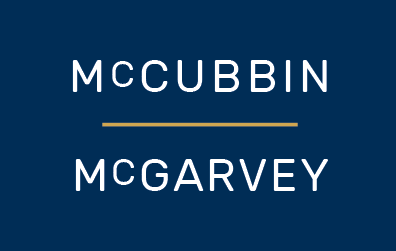Civil Litigation
Civil litigation claims include estate litigation, employment law, real estate disputes, including construction law, debt collection, and professional regulation.
Litigation refers to the process of settling a dispute through the court system. Broadly speaking, civil litigation includes any litigation issue that is not a criminal charge. Cases in civil litigation can concern any matter that arises as between two parties. A breach of contract, a personal injury claim, an employment matter, or a business dispute such as intellectual property will all be heard in civil court. A civil litigator will not just be involved in arguing cases in a court of law. Litigation also includes a number of related processes including document drafting, due diligence, examinations for discovery, and many more things, which go into building a court case. While the process can vary by province, each province will have a generally similar system.
– Civil litigation may include the following
Contact Us For A Consultation
We seek practical solutions to real problems bearing in mind the broader, practical realities of the case on the client's life and business.
"*" indicates required fields

